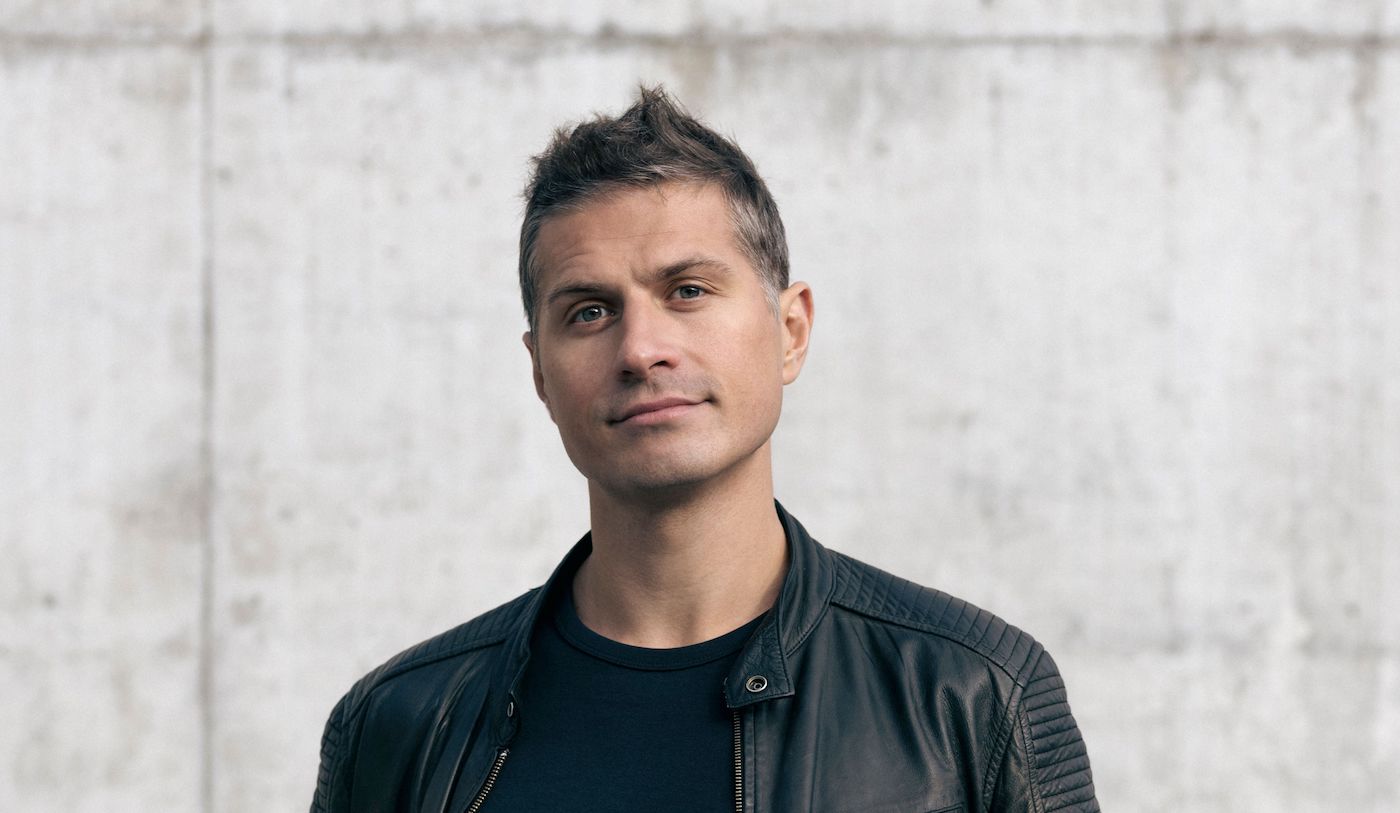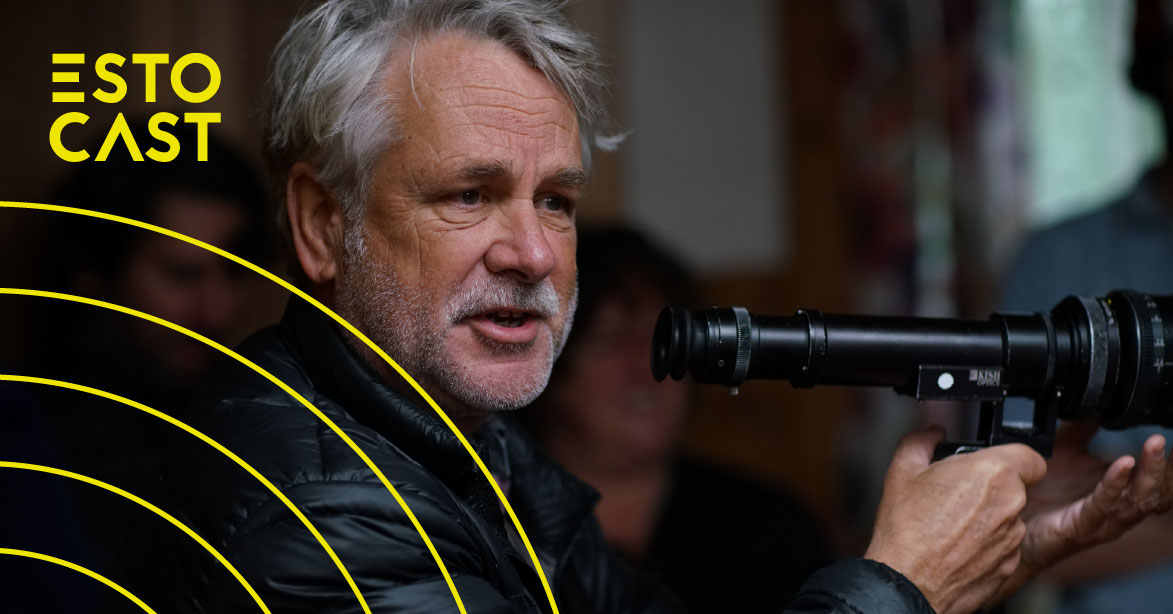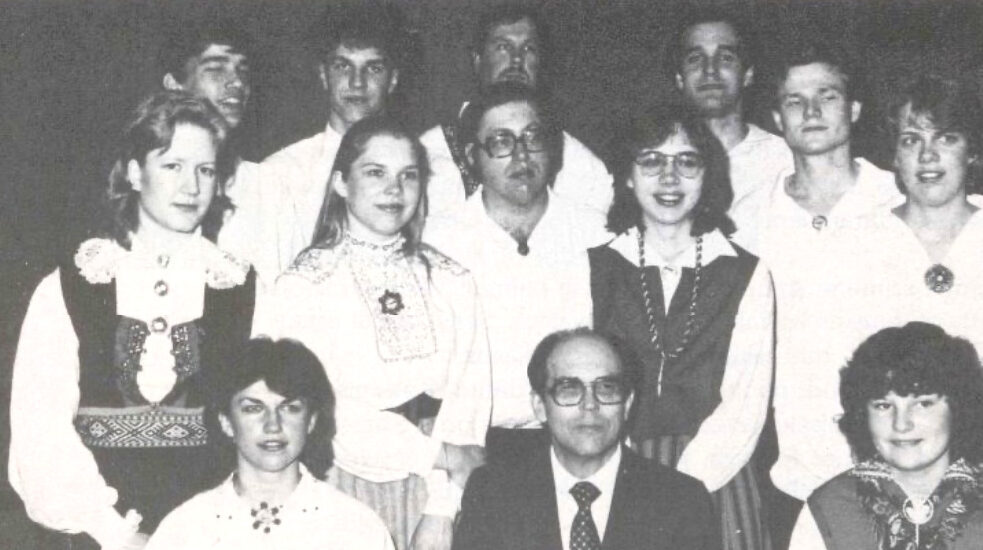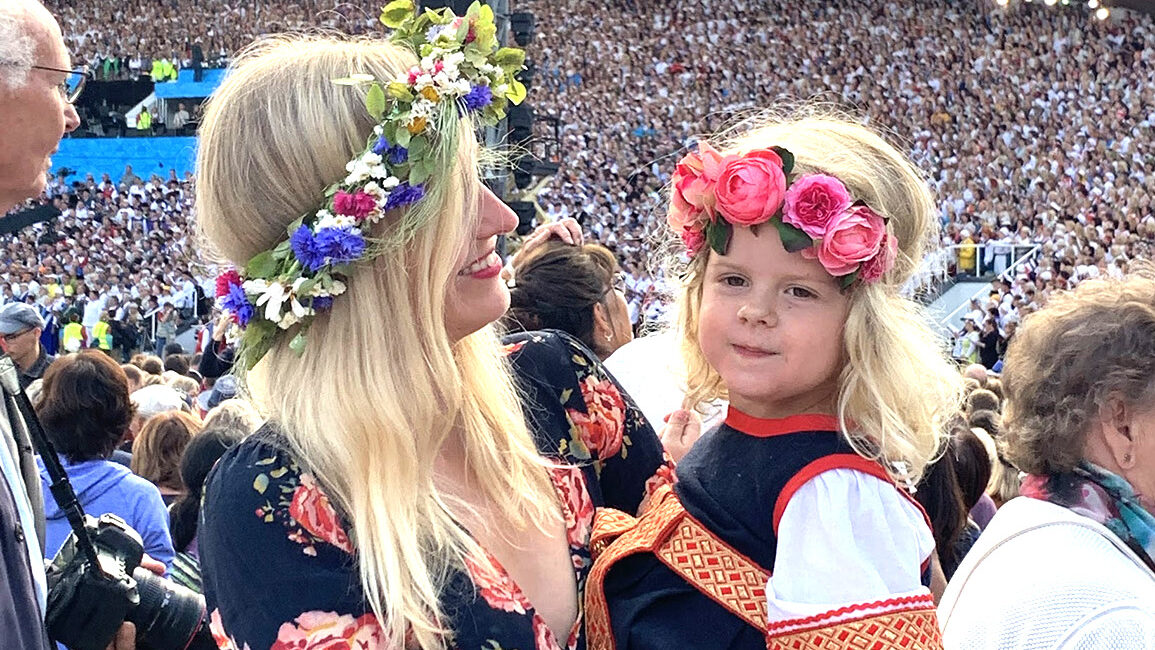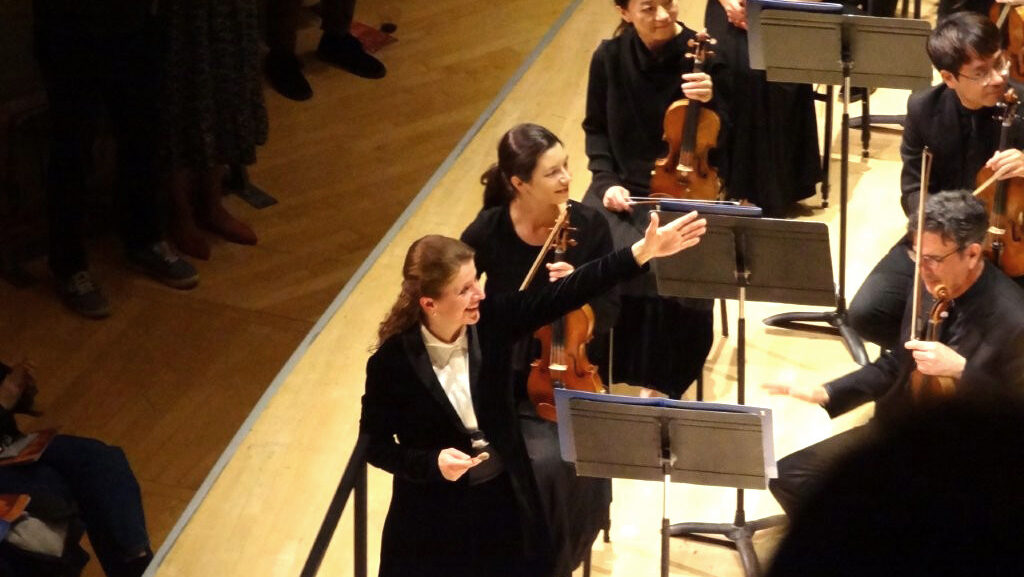Between living in the US, Estonia, Sweden, England, and now Denmark, how has each place formed who you are or how you write songs?
When we relocated to Los Angeles, California, both of my parents were studying music. I started playing the piano and wrote my first song when I was five years old, but as I grew older, so did my love for rock music. As a teenager, I started playing Nirvana songs on my mother’s guitar—that ignited something in me, and it wasn't long before I started singing in bands.
In my early 20s, I started collaborating with musicians outside of Estonia, although my main residence remained there. Around five years ago, I packed my things and moved to London, and studied songwriting at Berklee. After that, I learned to compose melodies from Swedish songwriters while living in Stockholm. About three years ago, I moved to Copenhagen, where I’m living now. What I appreciate about Copenhagen is that there's a lot of humility, trust, and curiosity towards different tastes and different cultures. And they don’t take themselves too seriously.
(Read more: Estonian Life No. 49 2021 paber- and PDF/digi)
Written by Vincent Teetsov
